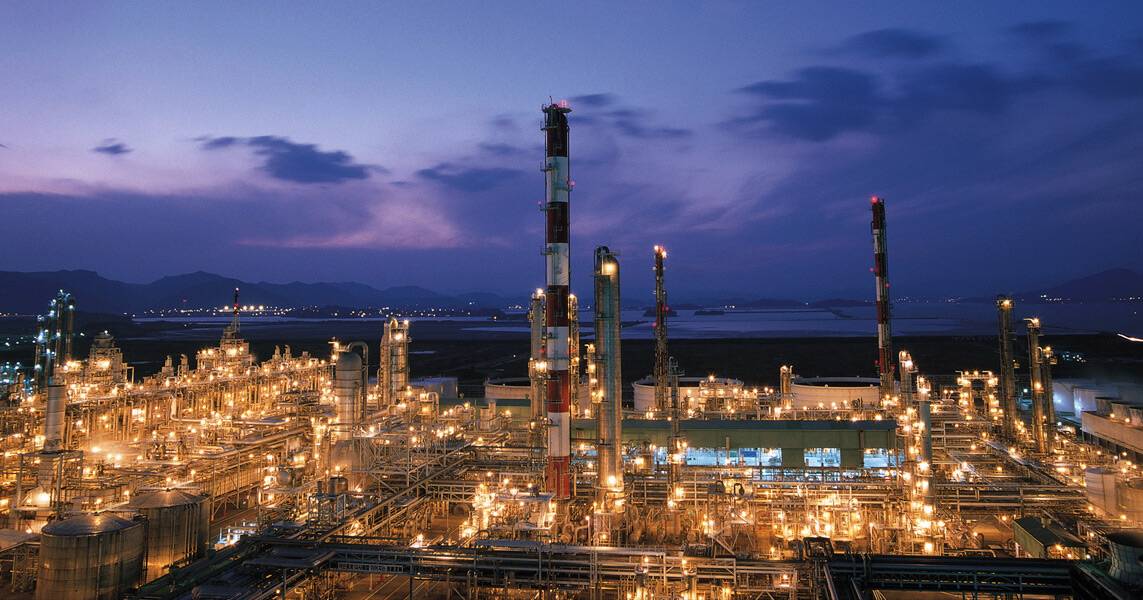Oct . 05, 2024 17:21 Back to list
hdpe panel
The Versatility and Benefits of HDPE Panels
High-Density Polyethylene (HDPE) panels have gained significant recognition across various industries due to their exceptional properties and versatility. These panels, composed of a type of plastic known for its high strength-to-density ratio, offer a wide array of applications, from construction to packaging, and even in environmental management.
Characteristics of HDPE
One of the hallmark features of HDPE panels is their outstanding durability. Resistant to impact, stress, and chemicals, these panels can withstand harsh environmental conditions without succumbing to wear and tear. This makes them particularly useful in construction and industrial applications, where longevity and resilience are paramount. Additionally, HDPE is highly resistant to UV radiation, preventing the breakdown of the material when exposed to sunlight, which is a crucial factor for outdoor applications.
Another attractive property of HDPE panels is their lightweight nature. Despite their strength, they are much lighter than other materials like wood or metal, making transportation and installation more straightforward and cost-effective. This characteristic is especially beneficial in industries where weight considerations can significantly influence operational efficiency.
Environmental Benefits
HDPE panels are also lauded for their eco-friendly attributes. Being recyclable, they contribute to reducing plastic waste in landfills. Many manufacturers offer recycled HDPE panels, which further promotes an environmentally sustainable lifecycle. The recycling process conserves natural resources and reduces greenhouse gas emissions, aligning with global efforts towards sustainability.
hdpe panel

Furthermore, HDPE panels have excellent resistance to moisture and corrosion. Unlike wood, they do not rot or warp when exposed to water, making them suitable for environments where moisture is prevalent. This characteristic makes them ideal for marine applications, agricultural use, and even in landscaping, where their durability can help create lasting structures.
Applications of HDPE Panels
The applications for HDPE panels are vast and varied. In the construction industry, they are used for wall cladding, flooring, and even as barriers in landscaping. Their durability and resistance to the elements make them an attractive choice for outdoor structures, playgrounds, and even as protective barriers in industrial environments.
In the environmental sector, HDPE panels are often employed in waste containment systems, such as landfills. Their resistance to leaching makes them an excellent choice for liners that separate waste from soil and groundwater. This application not only protects the environment but also enhances overall public health by preventing contamination.
In manufacturing, HDPE panels can be used for creating packaging materials, containers, and even specialized equipment. Their lightweight and durable nature helps reduce production costs while ensuring that the end products perform well under varying conditions.
Conclusion
In summary, HDPE panels represent a remarkable combination of strength, versatility, and environmental consciousness. Their application across numerous industries underscores their value, as businesses look for materials that provide both performance and sustainability. As technology advances, the potential for HDPE panels continues to grow, promising an even broader range of uses tailored to modern needs. With an emphasis on recycling and eco-friendly practices, HDPE panels are not only a smart choice for today but a responsible investment for the future.
-
High-Quality PPR Pipes and Fittings Durable ERA PPR & PVC PPR Solutions
NewsJul.08,2025
-
Black HDPE Cutting Board - Durable, Non-Porous & Food Safe HDPE Plastic Cutting Board
NewsJul.08,2025
-
High-Quality CPVC Panel Durable HDPE & PVC Panels Supplier
NewsJul.08,2025
-
Double PE Welding Rod Supplier - High Strength, Durable & Versatile Welding Solutions
NewsJul.07,2025
-
High-Quality PVC-O Pipe Supplier Durable 75mm PVC Pipe & Connections Leading PVC Pipe Company
NewsJul.07,2025
-
HDPE Drainage Pipe Supplier – Durable & Corrosion-Resistant Solutions
NewsJul.06,2025

